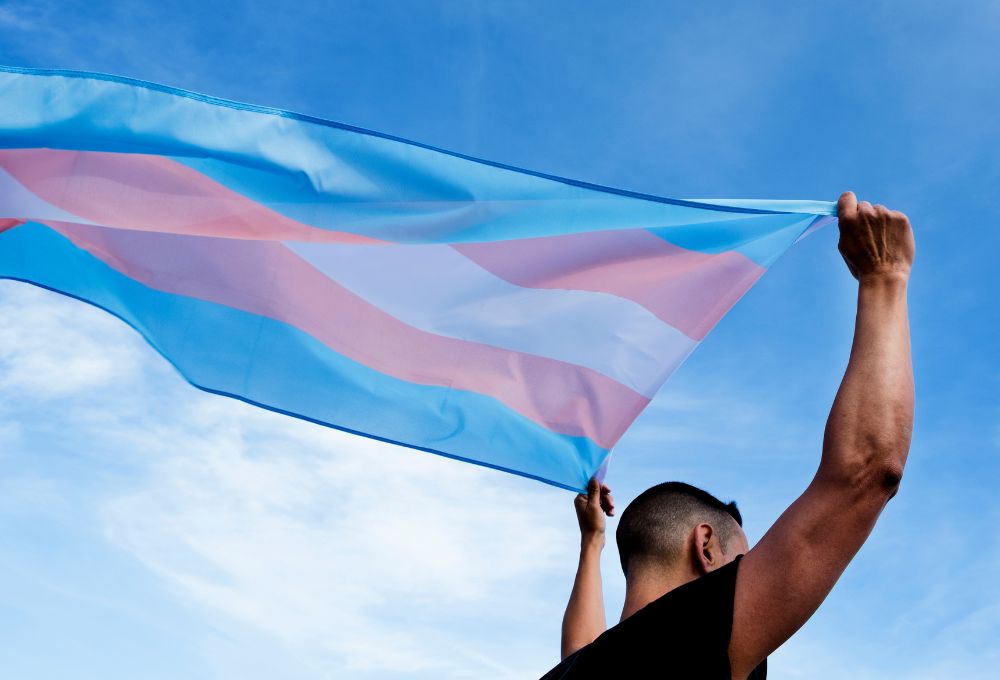
A federal judge is refusing for now to block a new policy in Florida prisons that requires transgender women inmates to cut their hair to meet male grooming standards and prohibits them from wearing female undergarments.
Florida announced the policy change in late September and suggested at the time it would block transgender inmates from receiving hormonal therapy pending evaluation of whether individual inmates should continue to receive it.
Reiyn Keohane, who has been receiving hormone therapy as well as grooming and clothing accommodations since 2016, sued officials with the Department of Corrections over the policy changes as unconstitutional. Keohane, represented by attorneys with the American Civil Liberties Union, is serving a 15-year sentence in a Wakulla state prison for attempted second-degree murder.
At about that time, the ACLU on behalf of Keohane sued state prison officials over their treatment of transgender inmates, resulting in a policy that allowed hormone therapy as well as female clothing and grooming standards. The new policy countermands those accommodations.
U.S. District Judge Allen Winsor, appointed by President Donald Trump, last Friday rejected a request for a preliminary injunction. In his ruling, Winsor concluded that Keohane lacked standing to challenge the hormone therapy policy because it was not a “blanket ban.” The ruling noted a preliminary determination has found that Keohane should continue with therapy.
Previous rulings
Winsor found that there is not enough evidence to show that denying Keohane the ability to wear makeup, have long hair, or wear female clothing violates the Eighth Amendment right to necessary medical care for prisoners.
Winsor quoted previous court findings that medical treatment provided for inmates only violates the Eighth Amendment when it “grossly incompetent, inadequate or excessive as to shock the conscience or to be intolerable to fundamental fairness.” He pointed out that the department continues to provide psychotherapy and that Keohane is still receiving hormone therapy.
“Keohane relies extensively on three declarations in which inmates express a profound desire for social accommodations,” Winsor wrote.
“Keohane’s own declaration reports immense distress flowing from being denied these accommodations and that the distress could lead to self-harm, including suicide. Two other inmate declarations report similar feelings. But while these are serious matters evidencing serious psychological concerns, Keohane has not shown that the only proper way to address risks of self-harm is to provide inmates with whatever items they contend would reduce those risks.”
‘Baseless campaign’
The decision was sharply criticized by one of the ACLU attorneys working on the case.
“Florida officials are waging a baseless campaign to dehumanize and degrade incarcerated people like our client,” Li Nowlin-Sohl, senior staff attorney at the ACLU’s LGBTQ + HIV Project, said in a release.
“Allowing this policy to move forward threatens the basic human rights of transgender people in the state’s custody and the court’s order affords the state’s policy more credulity than it deserves when the clear intent of the state is to ban this health care outright.”
Winsor in his ruling said he would issue another order “shortly” on a motion to dismiss filed by the Department of Corrections on the underlying lawsuit.
This post was originally published on this site be sure to check out more of their content.








